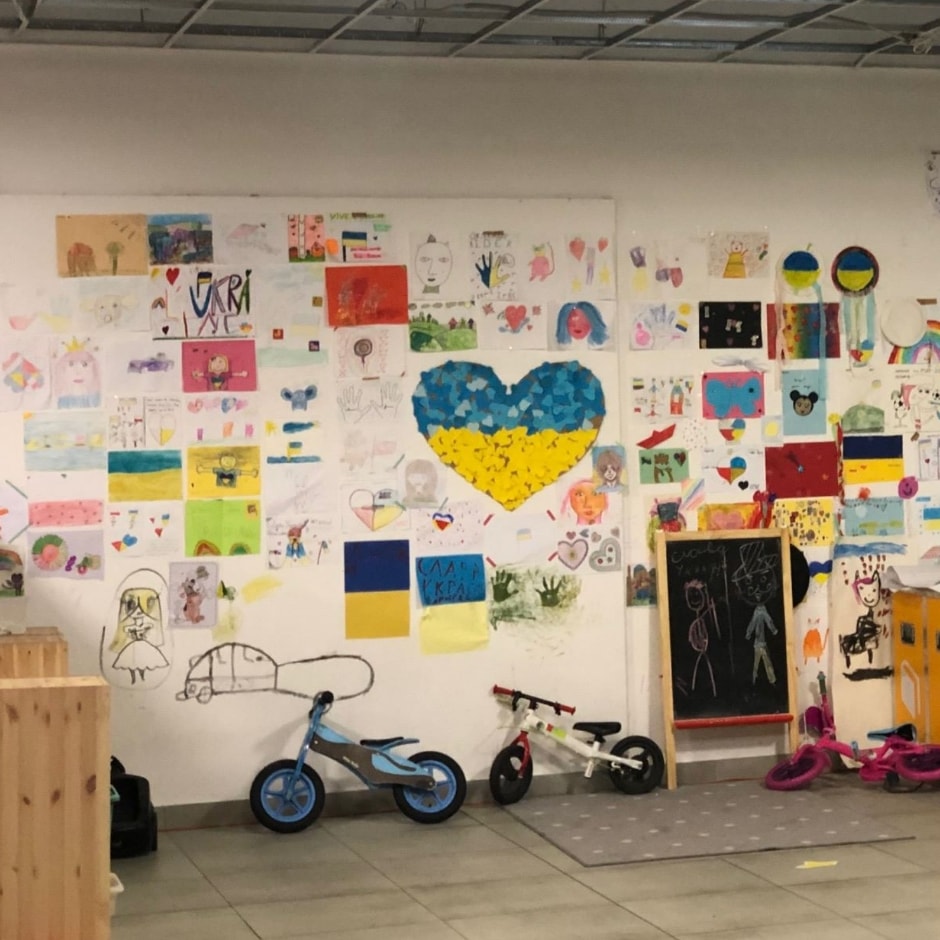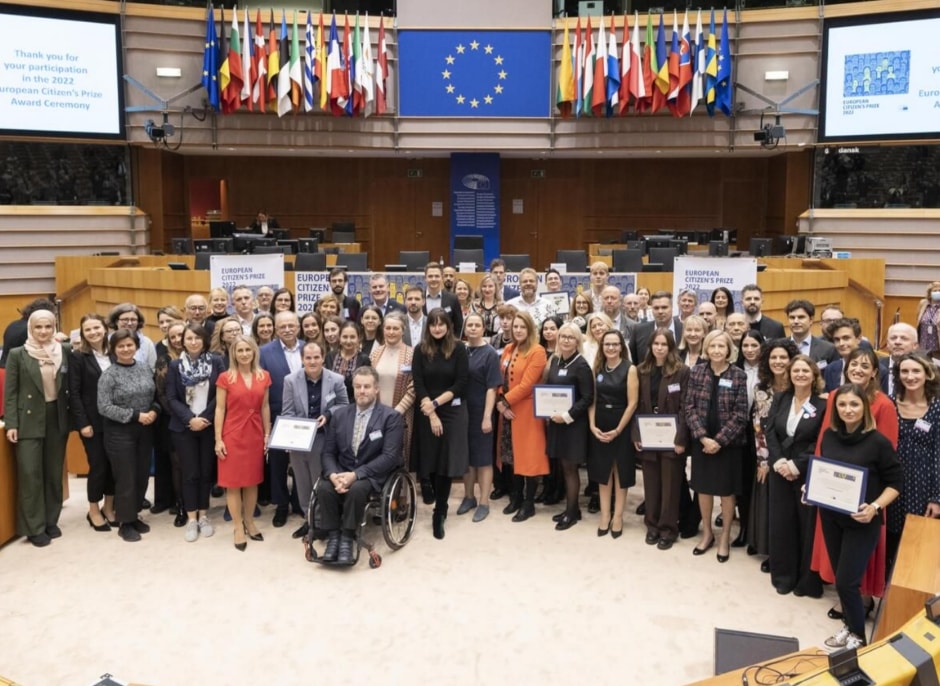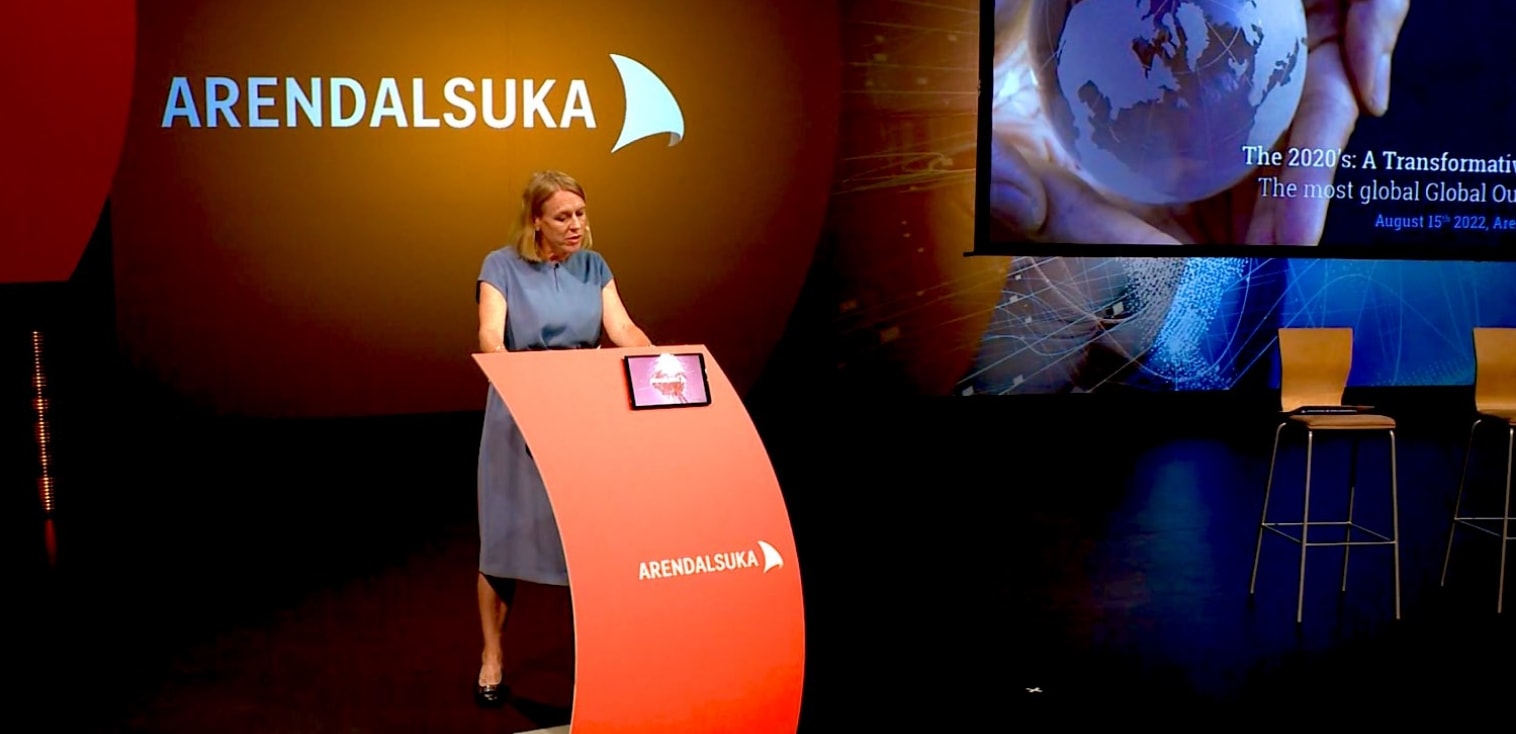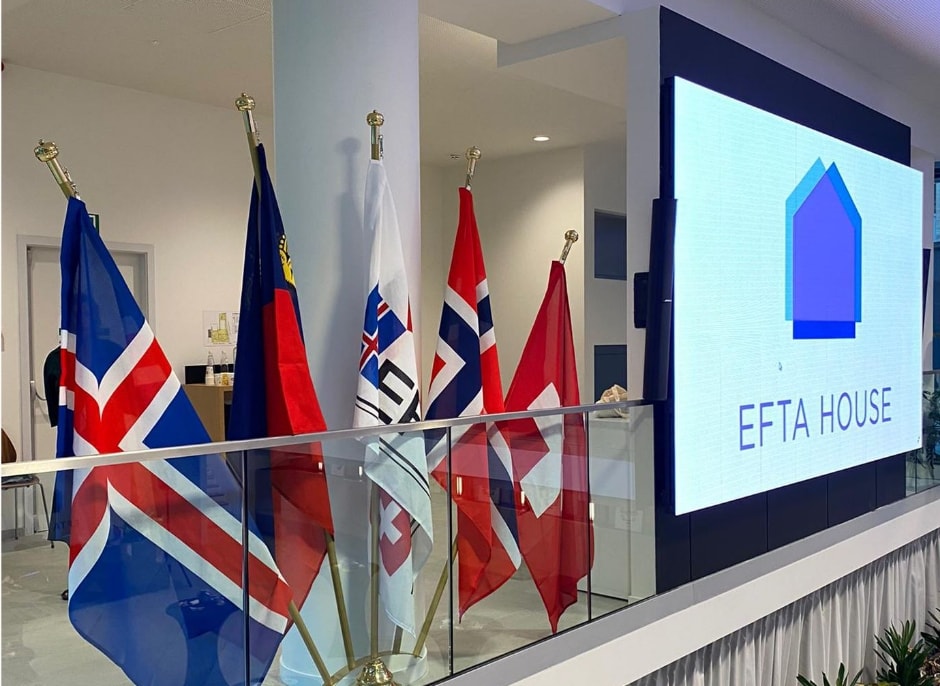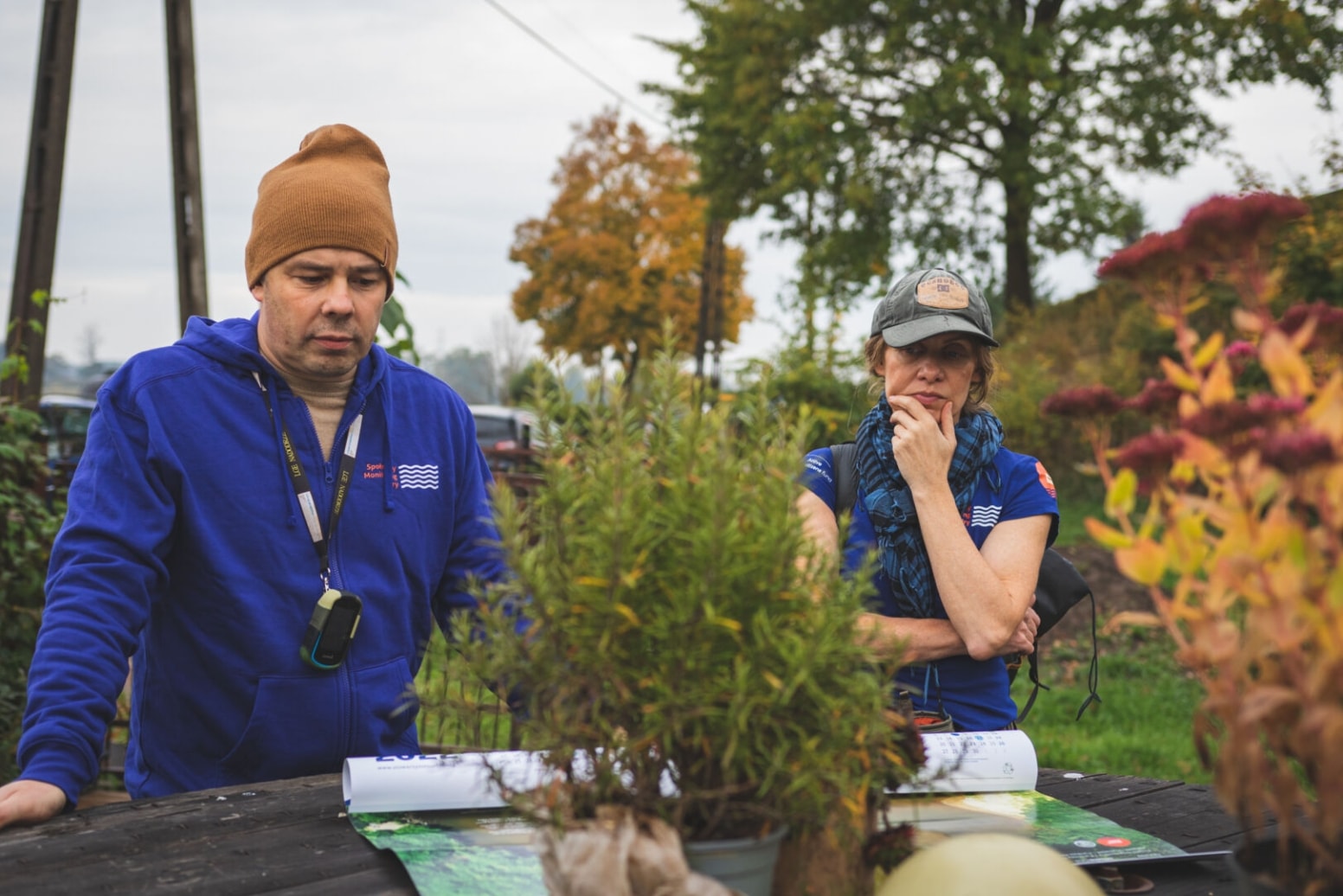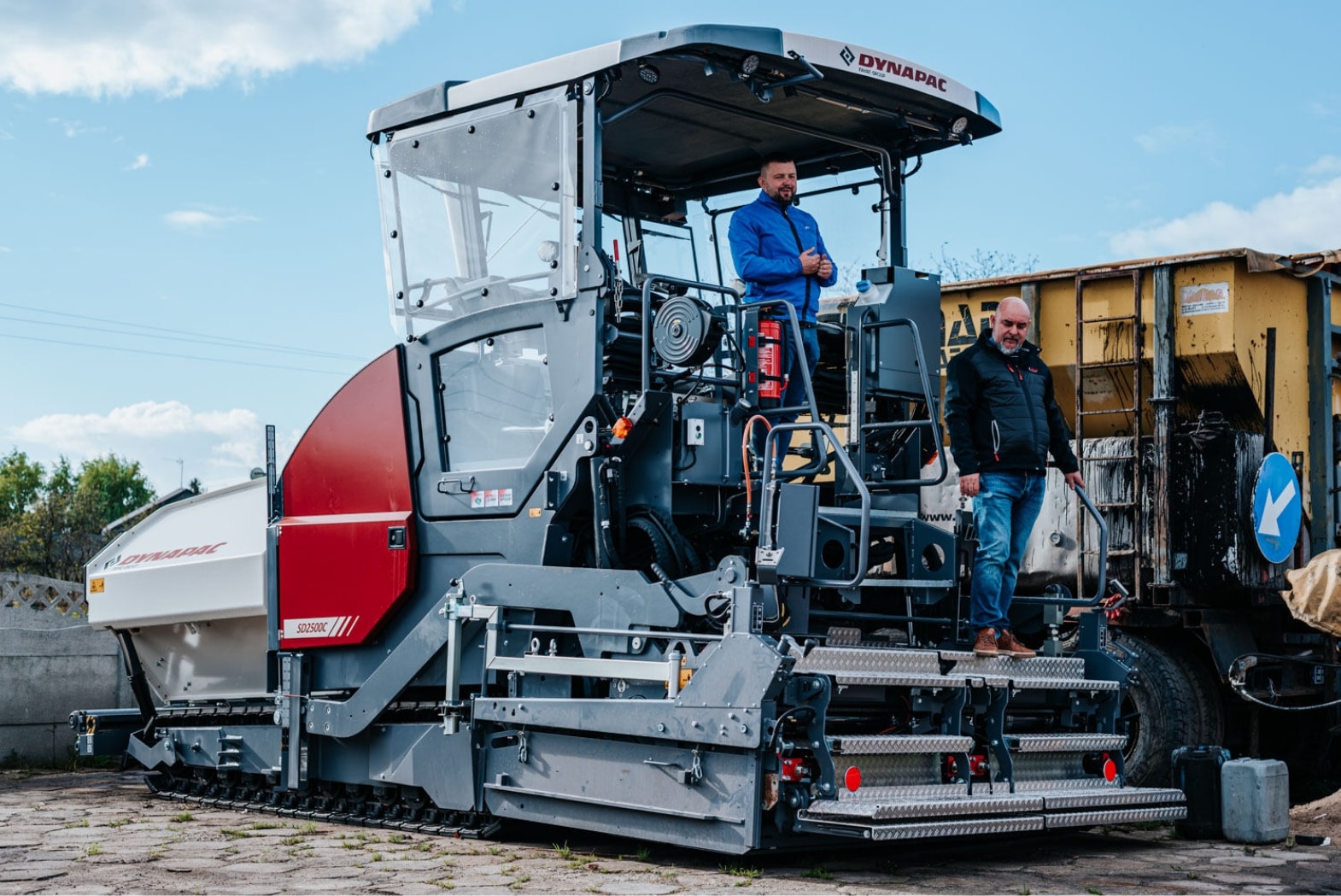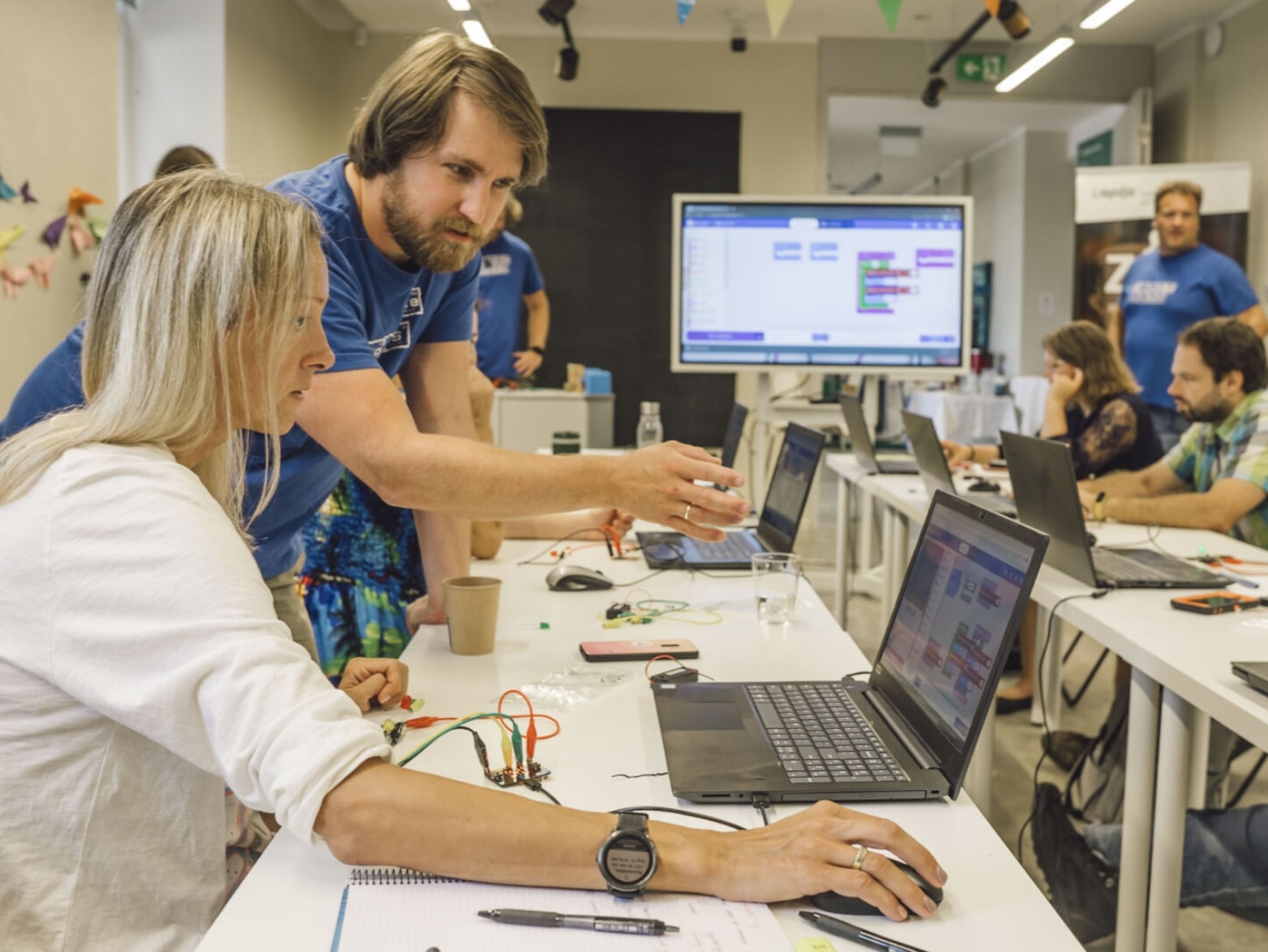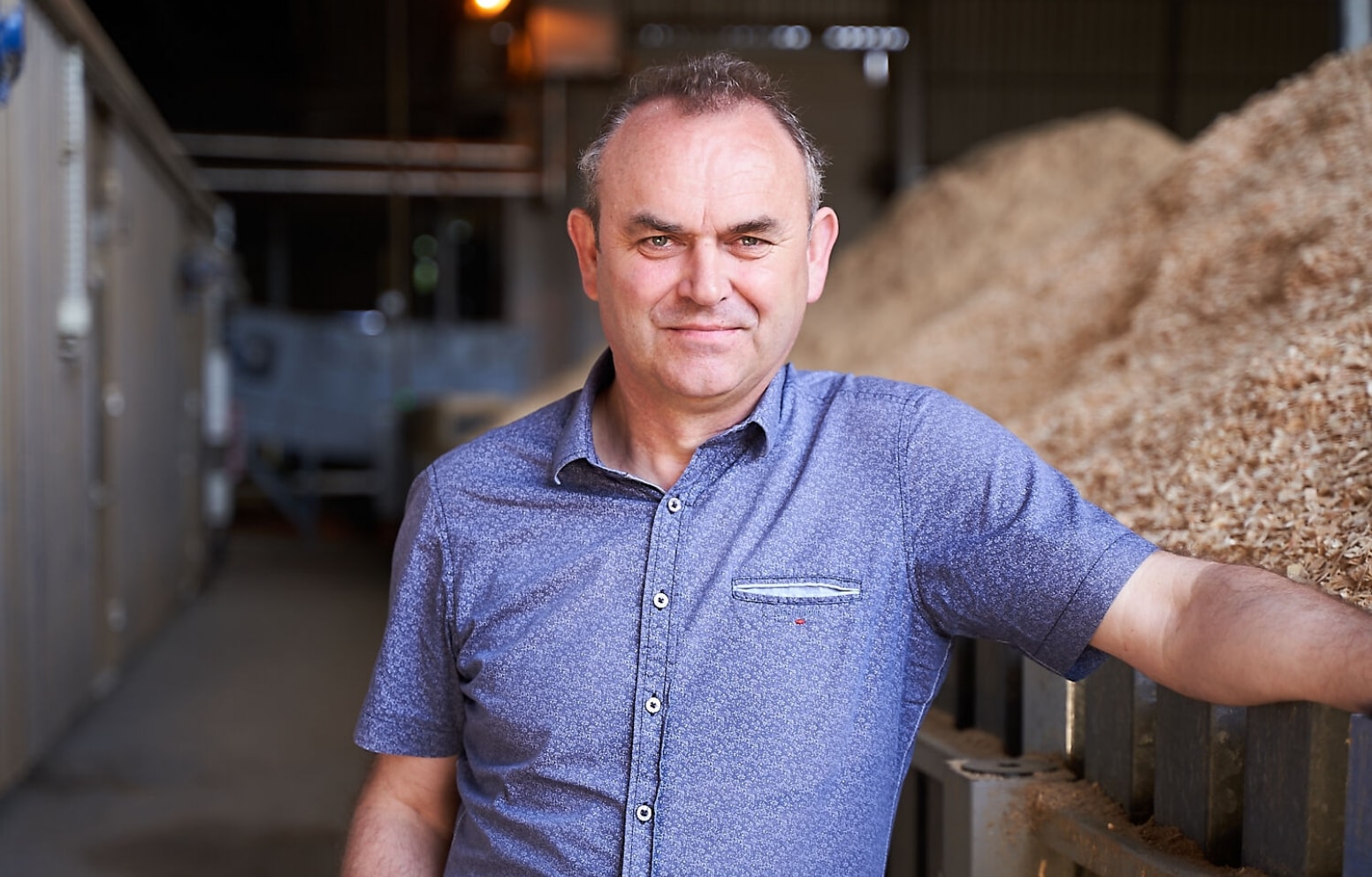Foreword
Europe is facing formidable challenges. Russia’s unjustified aggression against Ukraine is not only an attack on Ukraine, but an attack on our common values of freedom, democracy, respect for human rights, and rules-based international order.
The EEA and Norway Grants have a key role to play in this context. Ukraine’s neighbouring countries, many of which are EEA and Norway Grants Beneficiary States, are contending with challenges related to a massive influx of refugees and the consequences this entails. To alleviate the situation, some of the EEA and Norway Grants funds were used to provide help to Ukrainian refugees in the Beneficiary States. By the end of 2022, more than EUR 13 million had been committed to projects and initiatives to this end.
The overall aim of the EEA and Norway Grants is to reduce social and economic disparities in Europe. Support under the Grants scheme is intended to safeguard the fundamental values of democracy, respect for human rights and the rule of law. Today, the EEA and Norway Grants are the largest single source of funding for civil society organisations working to promote these values in the Beneficiary States. This funding is more essential than ever in light of the shrinking civic space and increasing pressure on democracy and the rule of law seen in various countries in Europe over the past years.
By maintaining a strong focus on bilateral partnerships, the Grants also help to build competence and capacity, create networks, develop business ideas, and expand market shares. Stable efforts over time have yielded significant results.
Some of these results are presented in this Status Report. The report provides an overview of activities carried out under the EEA and Norway Grants up to the end of 2022. It highlights the benefits of our collaborative efforts and provides insight into how Iceland, Liechtenstein and Norway are working together to promote a greener, more competitive, and more inclusive Europe.
At the end of 2022, all 97 programmes were under implementation, and contracts for more than 6,000 projects had been signed within the framework of the Grants’ total allocation of EUR 2.8 billion. In total 1,056 companies had received support and 3,976 jobs had been created. More than EUR 210 million had been distributed to civil society organisations, and 40% of all projects had a donor partner. With programme implementation running until 2024, we are confident that we will be seeing many more results in the time ahead.
In these uncertain times, it is important to continue to strengthen European values. The EEA and Norway Grants are one of the means that Iceland, Liechtenstein, and Norway are using to address this. We look forward to continuing our close cooperation with all the Beneficiary States in the year to come.
 Anniken Huitfeldt
Minister of Foreign Affairs Norway
Anniken Huitfeldt
Minister of Foreign Affairs Norway
 Þórdís Kolbrún Reykfjörð Gylfadóttir
Minister of Foreign Affairs Iceland
Þórdís Kolbrún Reykfjörð Gylfadóttir
Minister of Foreign Affairs Iceland
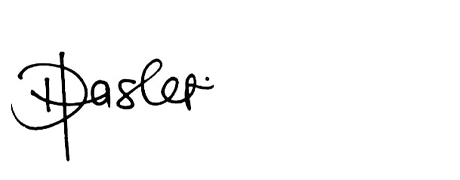 Dominique Hasler
Minister of Foreign Affairs Liechtenstein
Dominique Hasler
Minister of Foreign Affairs Liechtenstein
 Anniken Huitfeldt
Minister of Foreign Affairs Norway
Anniken Huitfeldt
Minister of Foreign Affairs Norway
 Þórdís Kolbrún Reykfjörð Gylfadóttir
Minister of Foreign Affairs Iceland
Þórdís Kolbrún Reykfjörð Gylfadóttir
Minister of Foreign Affairs Iceland
 Dominique Hasler
Minister of Foreign Affairs Liechtenstein
Dominique Hasler
Minister of Foreign Affairs Liechtenstein
